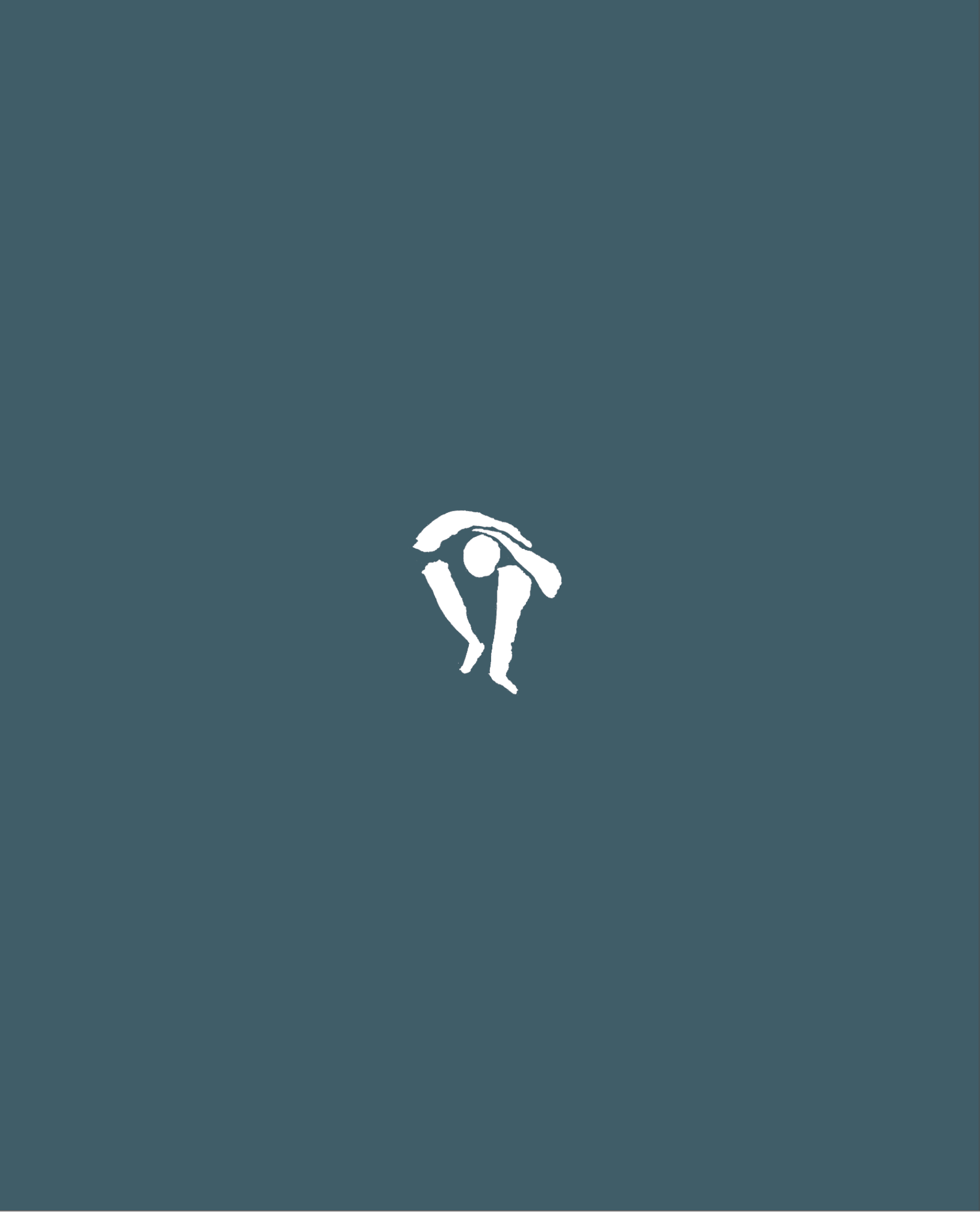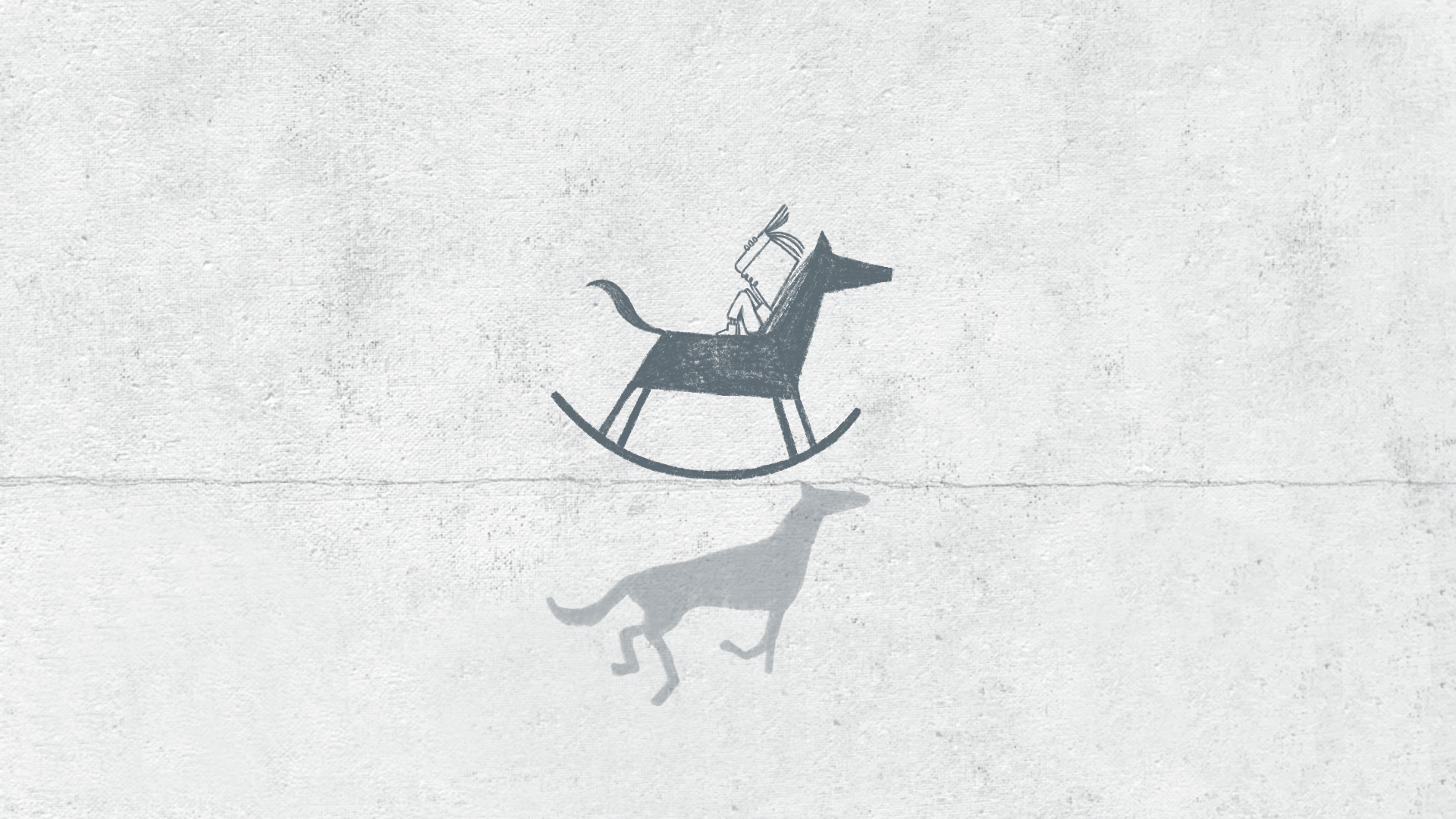
Movement
The only constant is change - trust it. From the moment we take our first breath, we’re moving.
Our mouths scream out, our toes wriggle, our chests rise and deflate. These movements continue until we draw our last breath, but they’re not our only movements. Our minds are at constant work too. A smile or a sense of fear are induced when our brain releases molecules or hormones. Movement in our bodies is driven by these internal flows, with some of us pursuing exhilaration in adventure, and others peace and relaxation in stillness.
But not all movement is freedom to move, feel or believe. Our fellow humans can curtail our movements through rules, policies, threats and punishment. When children ‘misbehave’, juveniles ‘intimidate’, migrants ‘swarm’ or sexual minorities ‘recruit’, we respond by locking doors, building prisons, erecting walls and imposing fines, detention or death sentences. Fear of the unknown or perceived external threats can also mean restricted movement in cyberspace, especially for children, with firewalls uncritically serving to Keep - Children - Out.
But nature’s movements do not follow human-imposed restrictions.
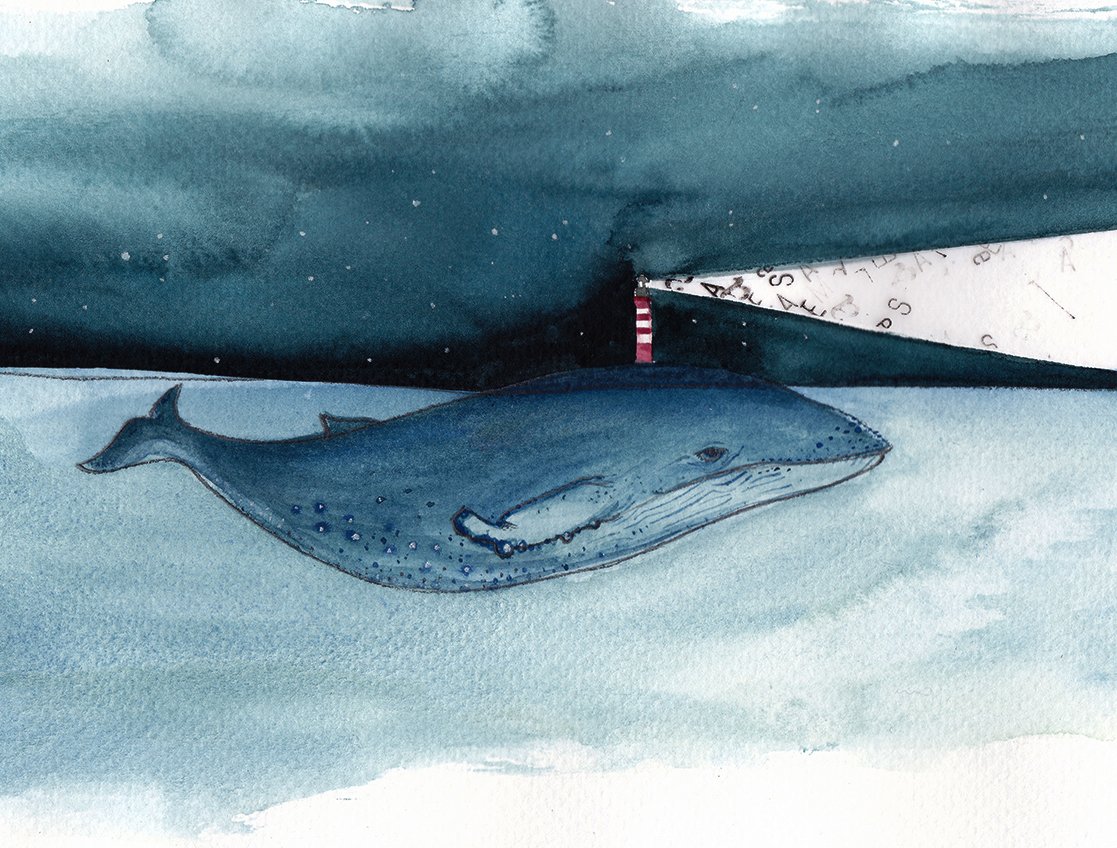
-
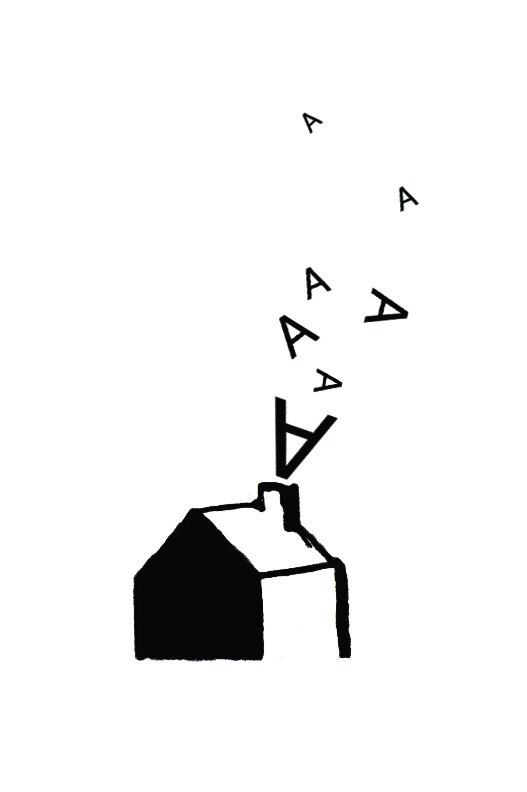
Free Flowing Idioms
Get a move on: To hurry or to move quickly.
Move without earshot: To move close enough (to someone) to clearly hear what someone says or does.
Move with the times: To modify or update one’s behaviour or beliefs to reflect what is current. -
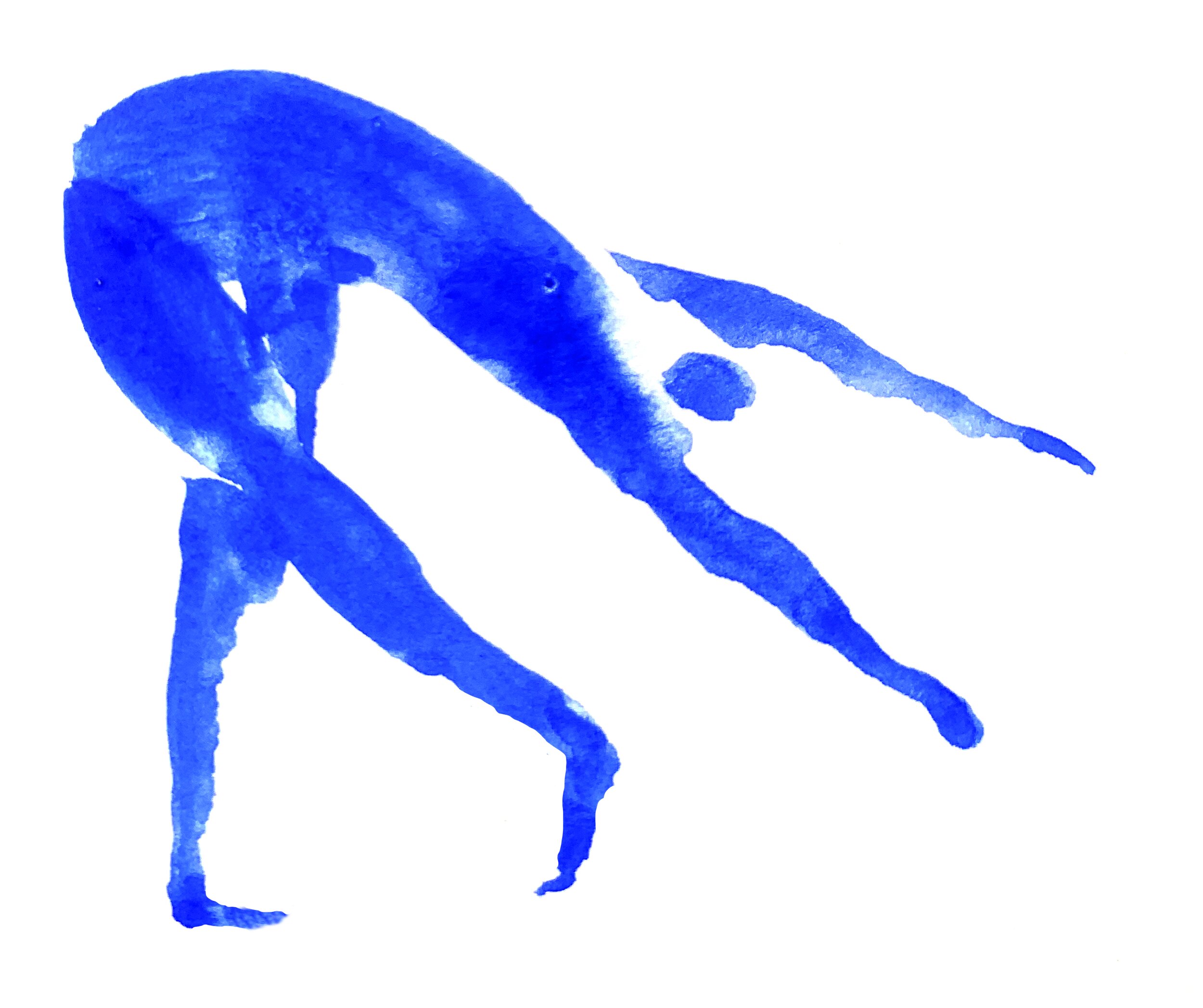
Bodies In Motion
Insight with Pablo Escorcia
Why is it important to keep our bodies in motion?
We are born through movement. We are taught how to walk, how to run, how to climb. But at some point, our movements become restricted, and we are prevented from running around and exploring our surroundings.
-

Wanderlust
Wandering is a practice inherent in us that we must never cease to cherish.
Wandering can get us to physical spaces like a park or train station, just as much as it can transport us to imaginary places without lifting a finger or toe.
-

When Stories Take Us Places
By Irene Caselli
Illustrations by Lutay B. ChitiyaWhat was the last book you read?
When it comes to children’s literature, there’s a huge potential to the movement that books can generate. This has to do with the possibility to see other places and people via picture books, but also with a more internal, subconscious movement.
-

Voices of Future Generations
By UNESCO Voices of Future Generations
It is my dream!
To move to the country
Where the breeze rustles the leaves
And blows gently on my faceContributions from four young writers who are part of the UNESCO Voices of Future Generations, a movement on children’s rights and sustainable development.
-
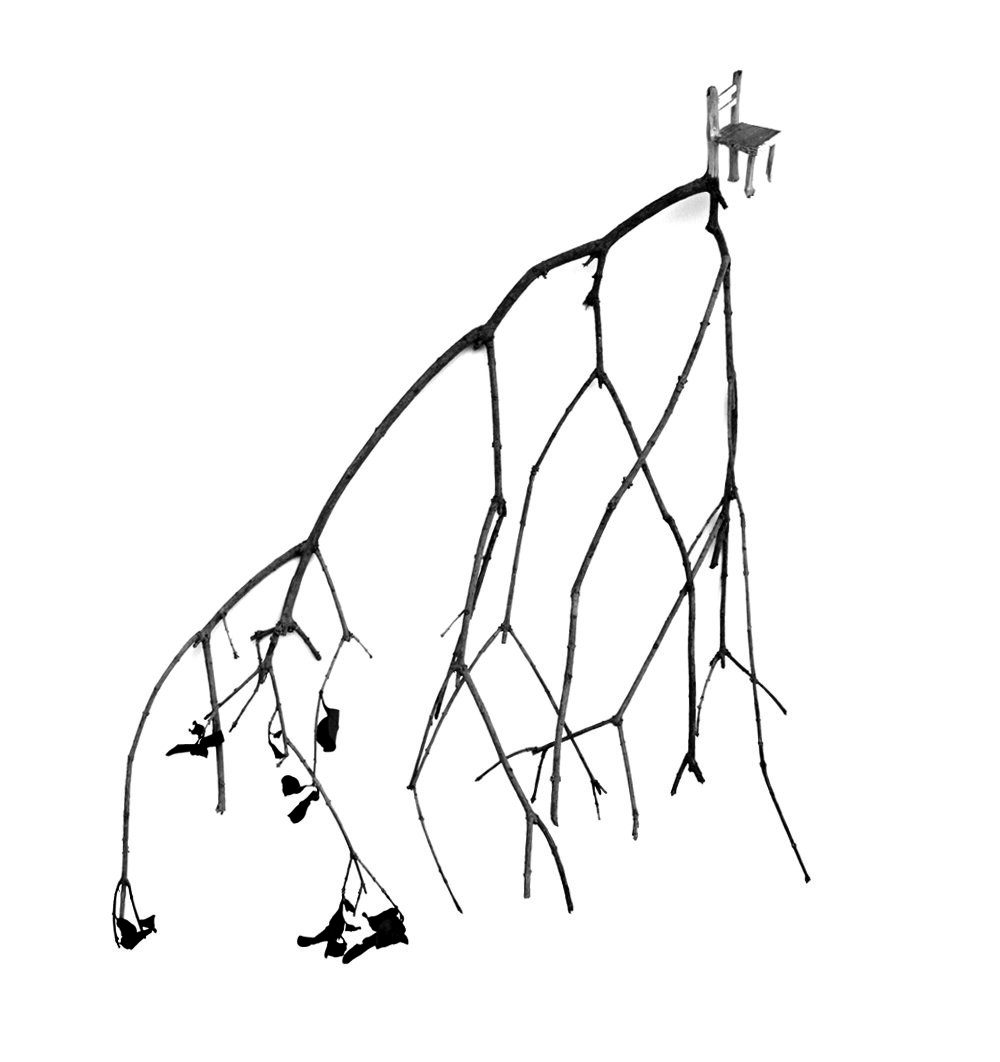
What did you do when you knew?
Weh’na Ha’mu’ Kwasset, Sherri Mitchell
When our children and grandchildren look us in the eye in years to come, what questions will they ask?
Will we be able to say: “We stood up for you, in the same way that our ancestors stood up for us?”
"Move, but don't move the way fear makes you move."
— Rumi
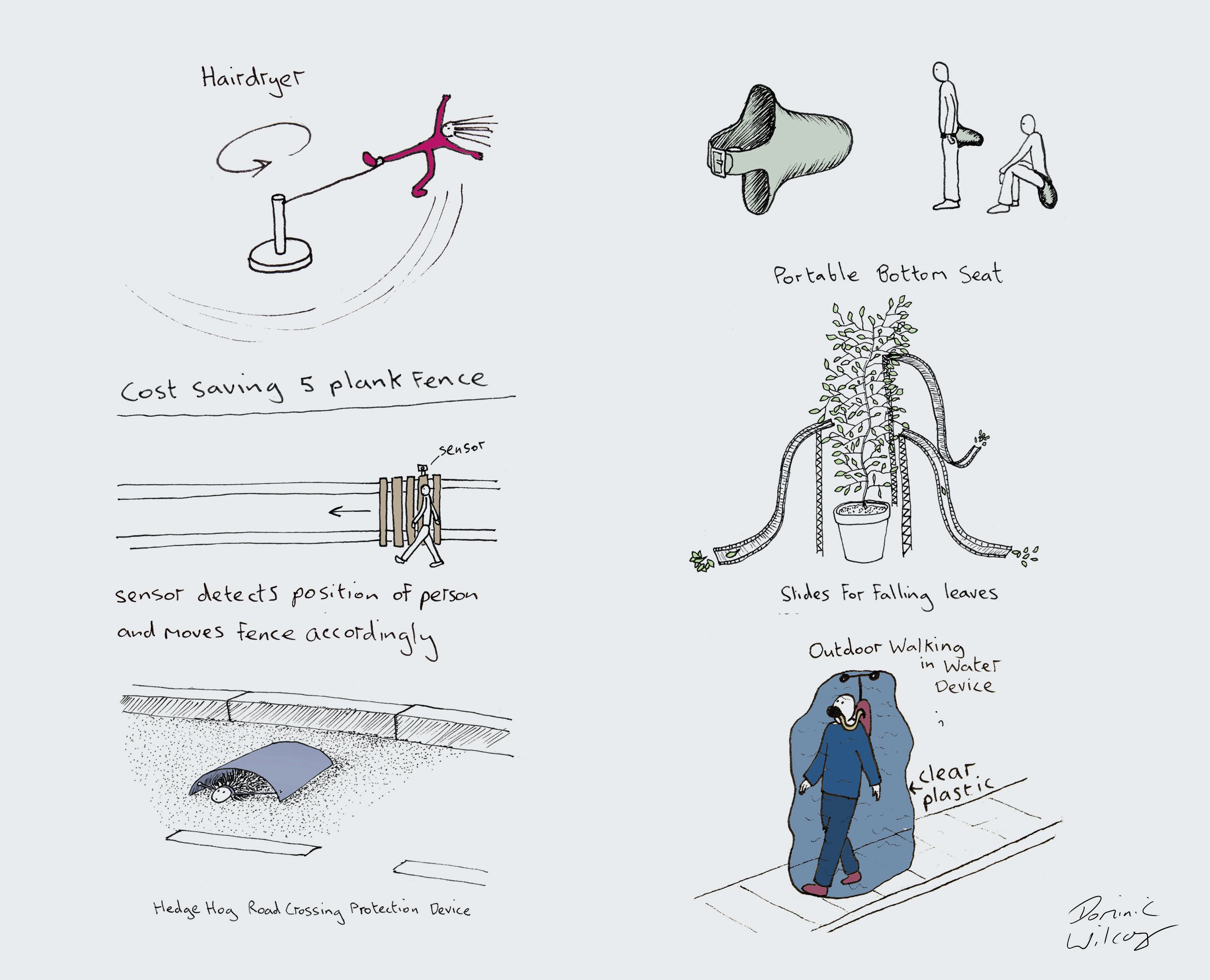
-

Memory Moves
By Kerry Whigham, at The Auschwitz Institute for the Prevention of Genocide and Mass Atrocities.
We see the past through two lenses that inform each other, that overlap: history and memory.
-

Movements for Change
Three 12-year-olds in a Berlin classroom discussing activism and movements. Thank you to their teacher, Katherine Milner, for supporting their contribution.
”Movement can be good or bad; movement can cause a problem, but it can also resolve it.” -

A Glimpse of Something Else
Somewhere along the line, this seems to have become a shorthand for “Who are you? How do you see the world? What makes you tick?”
i stand
on the sacrifices
of a million women before me
thinking
what can I do
to make this mountain taller
so the women after me
can see farther
– Legacy by rupi kaur
The Freedom
to Move: In conversation with Harsha Walia
“There is the State that creates conditions of precarity and fatality, and so in that sense borders are violence.”
Harsha Walia is the award-winning author of “Undoing Border Imperialism” and, most recently, “Border and Rule.” Trained in the law, she is a community organiser and campaigner in migrant justice, feminist, anti-capitalist, abolitionist, and anti-imperialist movements.
It’s no secret that the world’s population is on the move, but it’s rare to get a glimpse of where that flow is happening.
In a study released in Science, a team of geographers used data snapshots to create a broad analysis of global migrations over 20 years.
-
The study was conducted by three geographic researchers from the Wittgenstein Centre for Demography and Global Human Capital in Vienna. The researchers presented their data in five-year increments, from 1990 to 2010. Their research is unique, because it turned static census counts from over 150 countries into a dynamic flow of human traffic.
-
Abel & Sander (2014). Quantifying Global International Migration Flows. Science, 343 (6178).
-
Wittgenstein Centre

“Everything flows onward; all things are brought into being with a changing nature; the ages themselves glide by in constant movement.”
-

New Voices
2 schools, one theme: movement.
Escola Vedruna in Barcelona and Safe Passage in London hosted meaningful conversations on movement.
-

Moveable Language
Languages are always changing and evolving.
Want to know what “sila”; “godhuli” and “gyebale” mean? Click below.
-

Movement in Professions
What is movement to you?
How does your profession influence your thought? What roles does your surroundings play?
-

Musings
White privilege is a comfortable cocoon that most white people are blissfully unaware of.
When racial issues, questions or accusations come up, it can be awkward because it’s new territory. These questions can help.
-

Dixit
What does your favorite author/thinker/poet think about movement? Come and see!
“We don’t stop playing because we grow old; we grow old because we stop playing.”— George Bernard Shaw
-
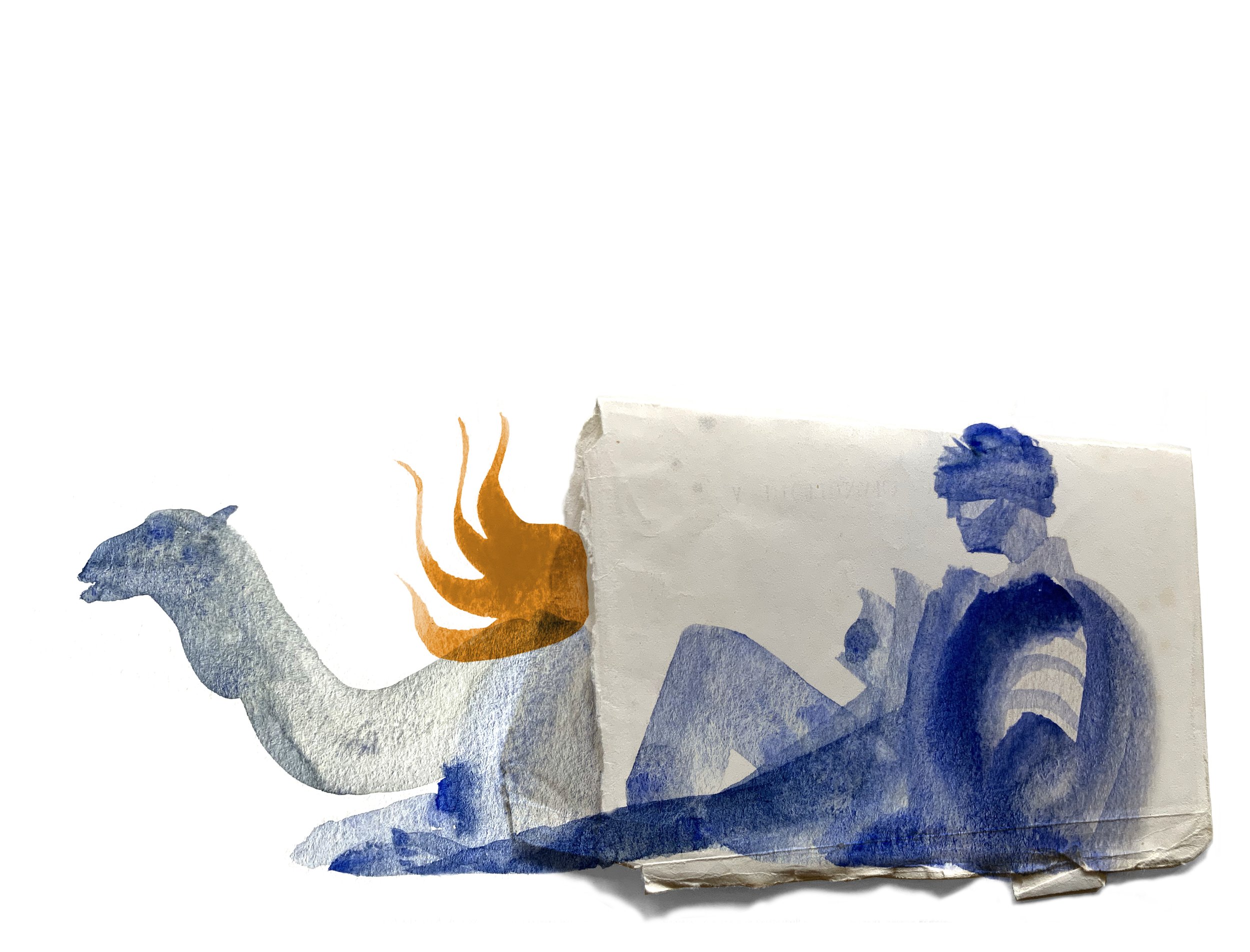
Memory on Legs
Eduardo Galeano
This prudent and tireless traveler kept his library with him. What books would your carry forever?
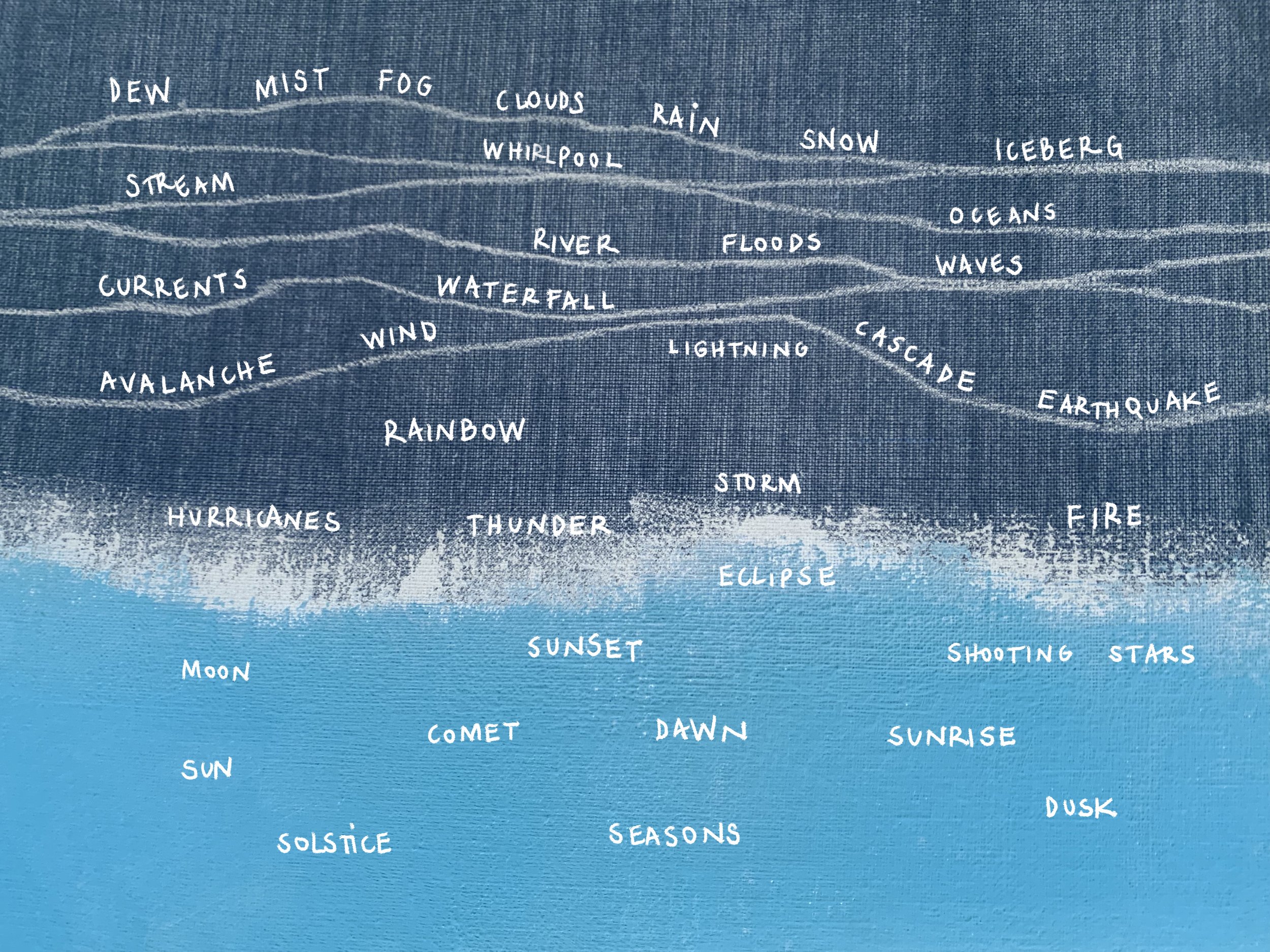
Nature’s Moves
“The moment we choose to love, we begin to move towards freedom, to act in ways that liberate ourselves and others.”
— bell hooks
The Drawing Room
To produce this edition of the magazine, we read, listened to, discovered, and were inspired by the following materials.

